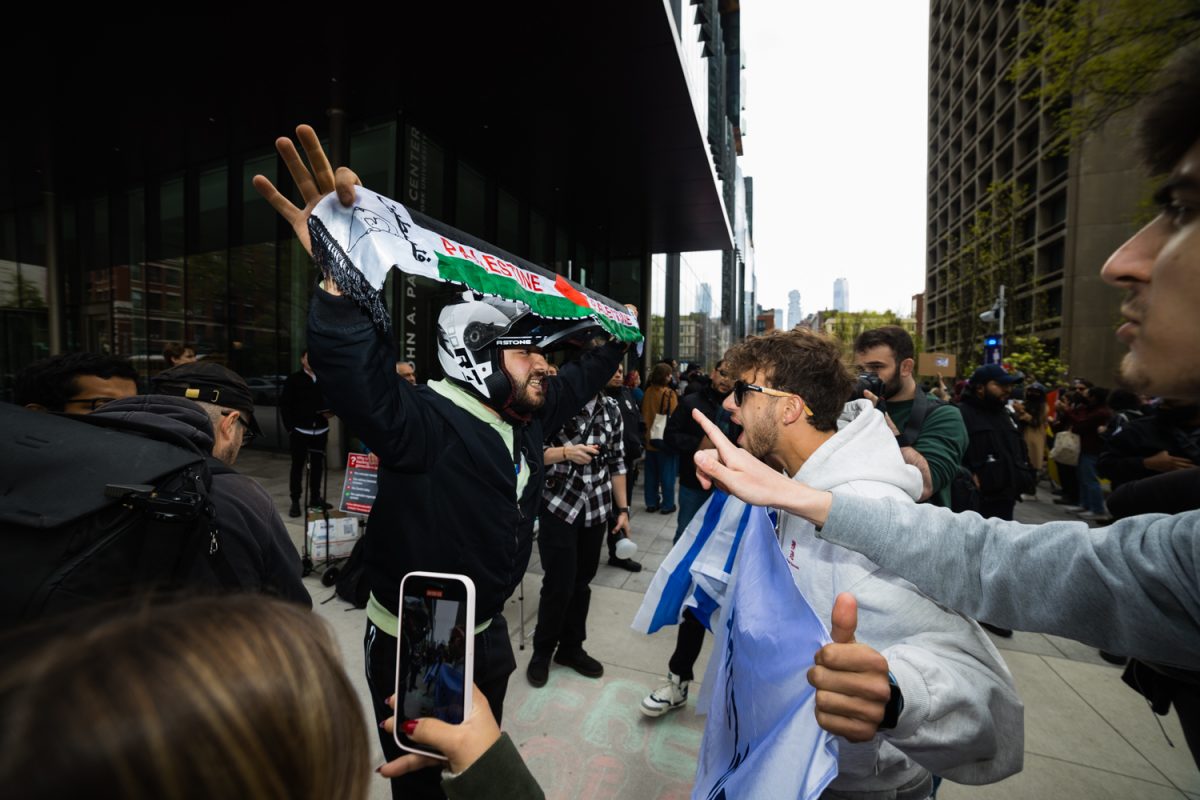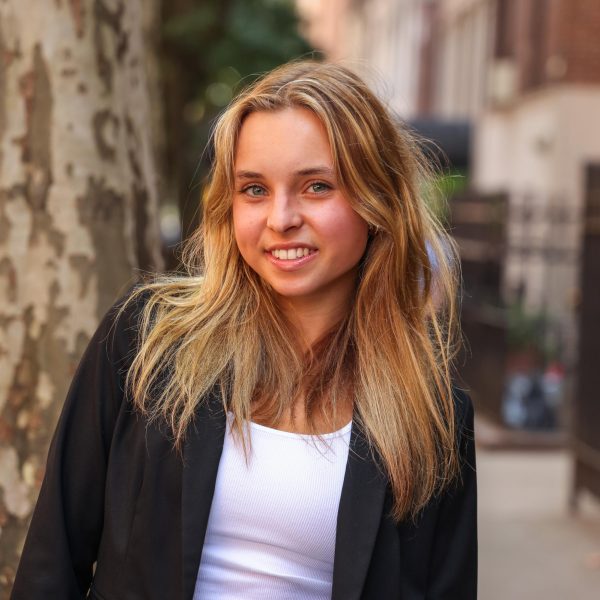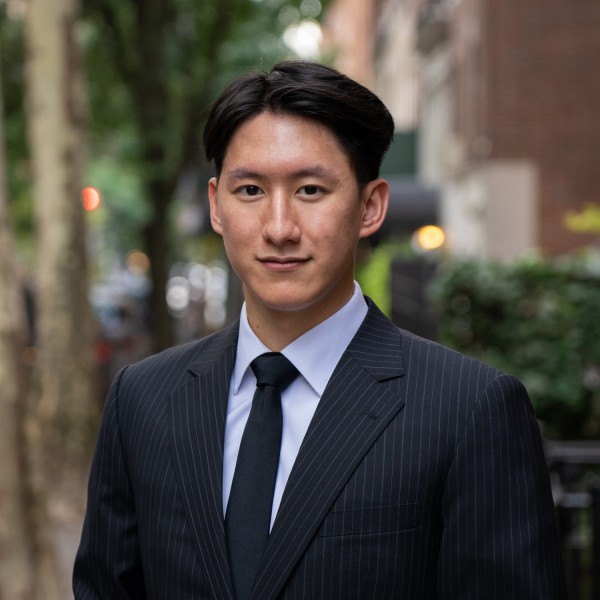President Donald Trump’s Federal Task Force to Combat Antisemitism will visit NYU as part of its investigation into 10 U.S. universities with reported incidents of antisemitism, the Department of Justice announced Friday. It is unclear when the investigations will take place.
Leo Terrell, a leading member of the task force, said the group will compile information on reported instances of antisemitism on college campuses by meeting with “university leadership, impacted students and staff, local law enforcement and community members,” and assess whether “remedial action is warranted.”
“We are going to use every tool in our toolbox to stop the harassment of Jewish students,” Terrell, assistant attorney general for civil rights, said in a briefing on Fox News. “That means we’re going to take criminal action, we’re going to cut off funding — we’re going to do everything and we’re formulating that right now.”
The 10 universities, which include Columbia University and Harvard University, were notified of the visits on Thursday, but were not informed when the visits would take place or what they would entail.
NYU spokesperson John Beckman said in a statement to WSN that the university “has been at the forefront of working to eliminate antisemitism on campus.” Beckman referenced electing officials from newspaper editorial boards and organizations fighting antisemitism, issuing its 10-point plan which saw a rise in police presence on campus, the creation of a Title VI coordinator, launching a Center for the Study of Antisemitism and updating its student conduct police to include “code words, like Zionist,'” as examples of potentially discriminatory speech.
“NYU looks forward to sharing its very considerable track-record, and its ongoing efforts to combat antisemitism on campus,” Beckman said.
Trump announced the initiative in a Jan. 29 executive order, asserting that the task force will analyze lawsuits related to on-campus antisemitic incidents and complaints against universities to create school-specific reports. He encouraged the DOJ to deploy “all available and appropriate legal tools,” and Terrell said he plans to sue the universities in question for civil rights violations.
Within weeks of the surge in pro-Palestinian protests since October 2023, when the Palestinian militant group Hamas attacked nearby Israeli towns, NYU drew national criticism for its campus climate. The next month, three Jewish students sued the university for alleged indifference toward antisemitic chants and demonstrations. Two weeks after filing the lawsuit, one of the students also testified at a news briefing held by House Republicans and organized by Elise Stefanik — Trump’s pick for ambassador to the United Nations — reiterating claims from the lawsuit and detailing backlash she faced at a pro-Israeli sit-in.
NYU reached a confidential settlement with the students over the summer, agreeing to hire a Title VI coordinator and “take groundbreaking measures” to combat antisemitism on campus. In an interview with WSN, NYU Hillel President Benjamin Meppen said he respected how the administration had approached conflicts on campus thus far.
“NYU made it incredibly clear that they are devoted to protecting their Jewish students, to protecting their students who support Israel and above all else, to making it safe for us to go to school,” Meppen said. “I’m very proud, and I know a lot of members of our Jewish community are very proud of the measures taken to protect Jewish students on campus as best as they can.”
Meppen said that he especially appreciated the university’s updated student conduct guidelines, which cite “code words, like ‘Zionist’” — guidelines students had to consent to as part of a temporarily mandated module series on Brightspace last semester. The guidelines have received national attention and faced backlash from student and faculty groups on campus, many expressing concern that they limited academic freedom and political speech.
Last spring’s protests came to federal attention following the arrests of more than 100 students, faculty and community members at a pro-Palestinian encampment on campus — with Trump naming NYU in a condemnation of the demonstrations that had taken place across universities.
The new task force includes members from the U.S. Department of Education, U.S. Department of Health and Human Services and other applicable agencies. It will also investigate Columbia, Harvard; Johns Hopkins University; George Washington University; Northwestern University; the University of California, Los Angeles; the University of California, Berkeley; the University of Minnesota and the University of Southern California — all of which also saw escalated protests last spring.
“People pay a lot of money to go to NYU — they pay a lot of money to go to Harvard, or Penn, or Columbia — and when they’re unable to safely speak their mind, that’s unacceptable,” Meppen said. “Any collaboration between governments and schools to ensure students can go to class safely is important.”
During his first term, Trump issued an order for federal agencies to evaluate university complaints based on the International Holocaust Remembrance Alliance’s definition of antisemitism. The definition, which includes “the targeting of the state of Israel, conceived as a Jewish collectivity,” was adopted at NYU as part of a settlement with the U.S. Department of Education’s Office for Civil Rights following an alleged string of antisemitic incidents on campus from 2017 to 2019.
NYU reaffirmed its commitment to the IHRA definition as part of its most recent settlement — later clarifying in a FAQ page about its student conduct guidelines that it has not adopted the IHRA examples, which are often considered more expansive. In response to criticism regarding the policies, a university spokesperson has previously said that university policy did not change, and was only updated for clarification purposes.
Contact Dharma Niles at [email protected].

























































































































































